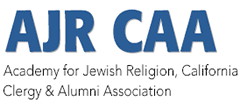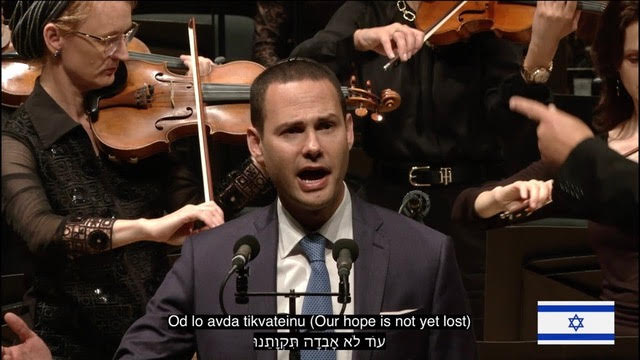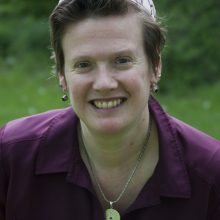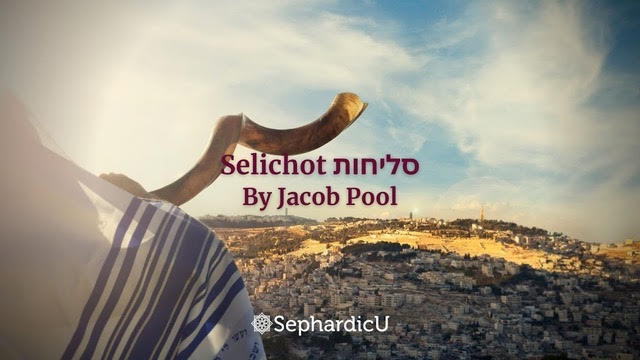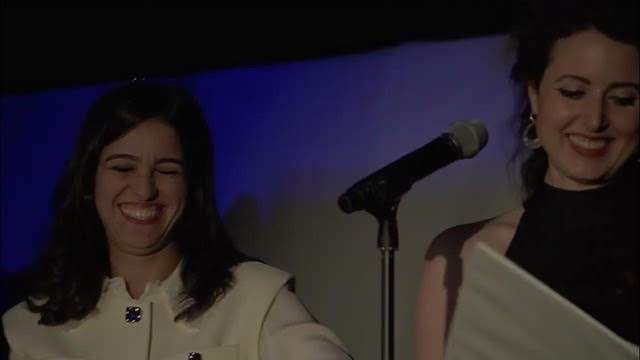Cantor Azi Schwarz: Avinu Malkeinu
Last March I shared a special concert in Tel Aviv, titled “Nusach America”, where I was reunited with Shlomo, a wounded IDF soldier I visited in the hospital in October. The prayer Avinu Malkeinu was dedicated to him.
